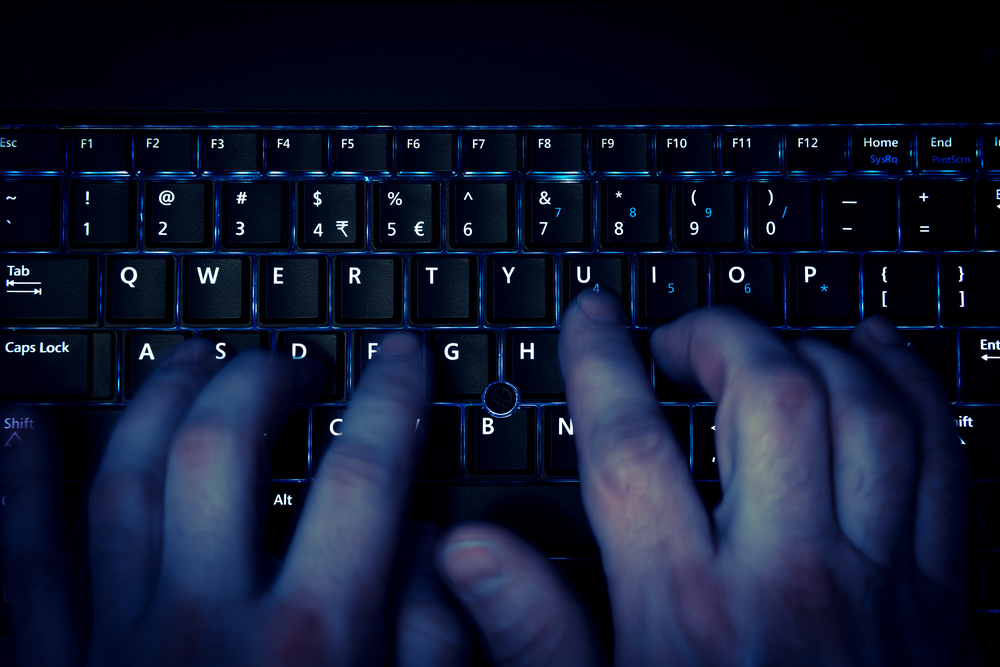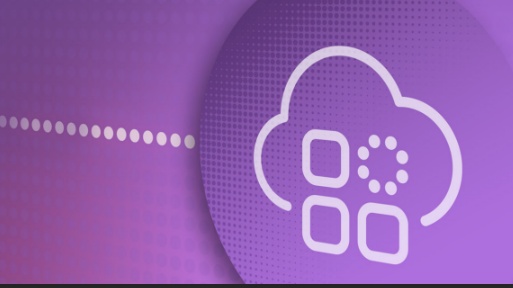Hackers combine two unpatched Microsoft zero-days in attack on South Korean firm
The Windows 10 and Internet Explorer 11 flaws were exploited by those behind the DarkHotel spearphishing campaign


Hackers combined two zero-day vulnerabilities in Windows 10 and Internet Explorer to target a South Korean company in a never-before-seen chained attack earlier in the year.
Cyber criminals exploited a remote code execution (RCE) flaw in Internet Explorer 11 together with an elevation of privilege exploitation for an up-to-date version of Windows 10 in May, according to researchers with Kaspersky.
Branded Operation PowerFall, the two flaws comprising the attack were assigned CVE-2020-0986 for the Windows 10 elevation of privileges flaw, and CVE-2020-1380 for the Internet Explorer remote code execution vulnerability.
The latter flaw exists in the Internet Explorer scripting engine jscript9.dll, and relates to how this engine handles objects in memory. The vulnerability could allow an attacker to compromise a system when a user navigates to a malicious site or opens malicious files.
Hackers combined this flaw with the Windows 10 privilege escalation vulnerability to target an unamed South Korean company with malware, as detailed by a technical analysis published by the cyber security company. The firm managed to stop the attack just before hackers applied the final payload, however.
The Windows 10 flaw was initially reported to Microsoft in December 2019 through Trend Micro’s Zero Day Initiative (ZDI), although no action was taken. The vulnerability was subsequently made public on 19 May, six months following disclosure, and the flaw was exploited the next day in the chained attack, according to Kaspersky.
After Kaspersky researchers then reported this attack to Microsoft on 8 June, the company revealed that it had already prepared a patch for CVE-2020-0986, although it didn’t deem exploitation as being highly likely. Microsoft applied its patch on 9 June, a month after the attack on the South Korean firm, while the patch for the Internet Explorer flaw was only released earlier this week on 11 August.
Sign up today and you will receive a free copy of our Future Focus 2025 report - the leading guidance on AI, cybersecurity and other IT challenges as per 700+ senior executives
RELATED RESOURCE

Rethink your cybersecurity strategy for the new world
5 steps to secure the enterprise and be fit for a flexible future
Researchers were unable to establish a definitive link with any known cyber gangs, although suggested that the hackers behind the DarkHotel spearphishing campaign may be behind this attack, due to similarities with previously discovered exploits.
This group is also rumoured to be behind recently attempted hacks against the World Health Organisation (WHO), with the organisation fending off a cyber attack in March this year.
Active since at least 2007, according to Kaspersky’s SecureList, the group is known to have a high success rate in its phishing campaigns. The group also targeted hotel WI-Fi networks in 2014 to steal information from visitors and delete confidential information.

Keumars Afifi-Sabet is a writer and editor that specialises in public sector, cyber security, and cloud computing. He first joined ITPro as a staff writer in April 2018 and eventually became its Features Editor. Although a regular contributor to other tech sites in the past, these days you will find Keumars on LiveScience, where he runs its Technology section.
-
 Microsoft unveils Maia 200 accelerator, claiming better performance per dollar than Amazon and Google
Microsoft unveils Maia 200 accelerator, claiming better performance per dollar than Amazon and GoogleNews The launch of Microsoft’s second-generation silicon solidifies its mission to scale AI workloads and directly control more of its infrastructure
-
 Infosys expands Swiss footprint with new Zurich office
Infosys expands Swiss footprint with new Zurich officeNews The firm has relocated its Swiss headquarters to support partners delivering AI-led digital transformation
-
 ‘The worst thing an employee could do’: Workers are covering up cyber attacks for fear of reprisal – here’s why that’s a huge problem
‘The worst thing an employee could do’: Workers are covering up cyber attacks for fear of reprisal – here’s why that’s a huge problemNews More than one-third of office workers say they wouldn’t tell their cybersecurity team if they thought they had been the victim of a cyber attack.
-
 "Thinly spread": Questions raised over UK government’s latest cyber funding scheme
"Thinly spread": Questions raised over UK government’s latest cyber funding schemeThe funding will go towards bolstering cyber skills, though some industry experts have questioned the size of the price tag
-
 Modern enterprise cybersecurity
Modern enterprise cybersecuritywhitepaper Cultivating resilience with reduced detection and response times
-
 IDC InfoBrief: How CIOs can achieve the promised benefits of sustainability
IDC InfoBrief: How CIOs can achieve the promised benefits of sustainabilitywhitepaper CIOs are facing two conflicting strategic imperatives
-
 The complete guide to the NIST cybersecurity framework
The complete guide to the NIST cybersecurity frameworkWhitepaper Find out how the NIST Cybersecurity framework is evolving
-
 Are you prepared for the next attack? The state of application security in 2024
Are you prepared for the next attack? The state of application security in 2024Webinar Aligning to NIS2 cybersecurity risk-management obligations in the EU
-
 The economics of penetration testing for web application security
The economics of penetration testing for web application securitywhitepaper Get the most value from your security solution
-
 How to extend zero trust to your cloud workloads
How to extend zero trust to your cloud workloadsWhitepaper Implement zero trust-based security across your entire ecosystem